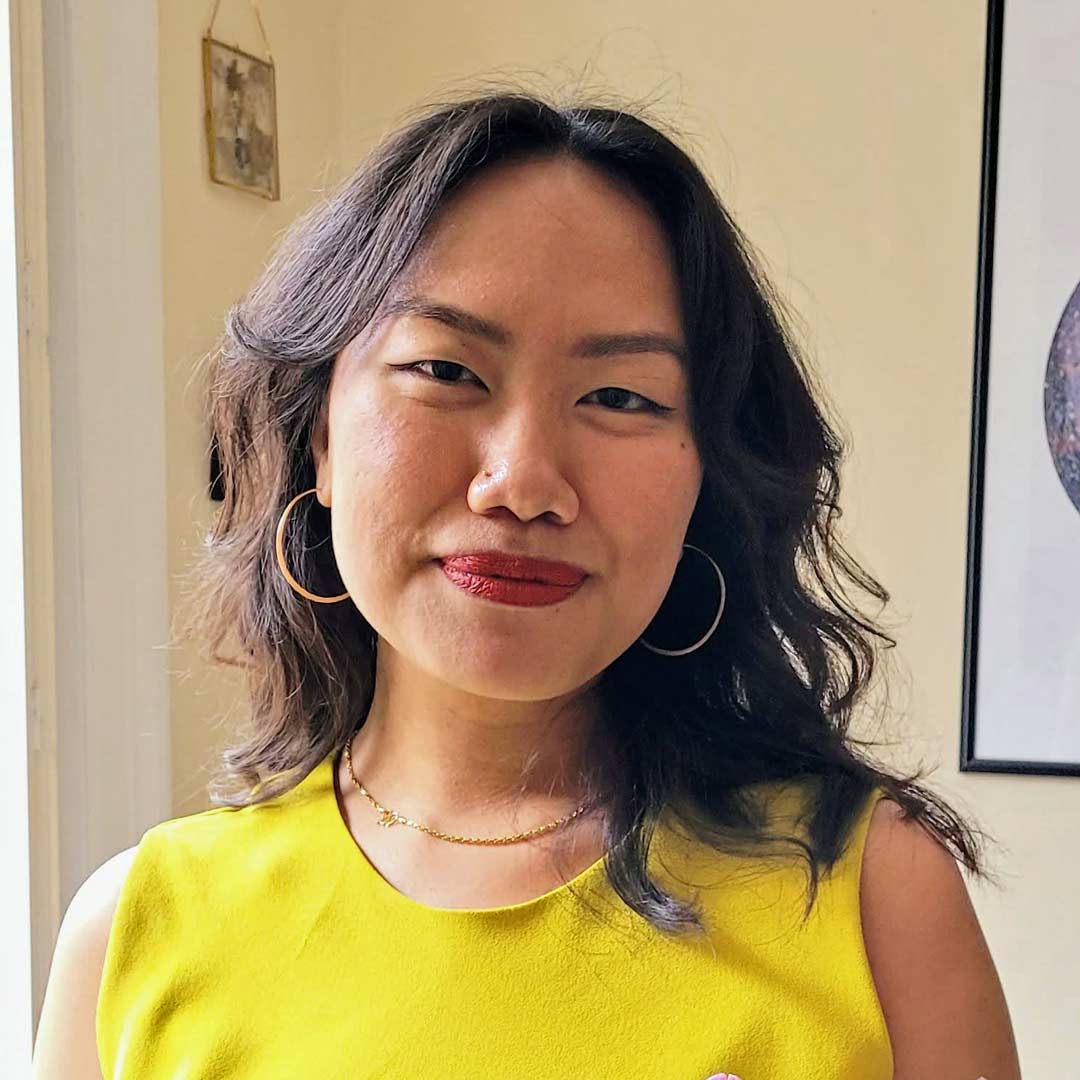God, Mammon and Empire: a personal reflection
Dr Nuam Hatzaw of the Acts 11 team, reflects on the recent conversations day
On 21 October, Acts 11 had the pleasure of hosting the Research Conversations Day with the CMS Pioneer teaching team.

by Nuam Hatzaw
Conversations Day is part of the MA programme for students studying for degrees with CMS, and it is designed to expose students to new and exciting research in the field. In this post, I want to share some reflections from the event.
The theme was ‘God, Mammon and Empire’ and the day centred on two important books published in the summer of 2025: Decolonizing Mission by Acts 11 director Harvey Kwiyani and God or Mammon: The Critical Choice Facing World Christianity by lecturer and missionary David Smith.
Those who attended the Conversations Day were treated to a fascinating, rich, and challenging discussion on the entanglements of empire, money, and mission as David and Harvey led us through a deep discussion of those themes central to their latest works.
As I listened to the conversations throughout the day, I was reminded that, as 1 Corinthians 1:27 tells us, “God chose the weak things of the world to shame the strong”.
Over and over again in the Bible, we encounter stories of God using the “least of these” to accomplish his will – whether that’s a small jar of oil, or uneducated fishermen and tax collectors, or a young boy’s lunch of five loaves and two fish. Indeed, God Incarnate emptied himself to be born from the ‘stump of Jesse’ (Isaiah 11:1), from the backwater town of Nazareth, which produces nothing good (John 1:46).
Thinking about these things in relation to migration, I recall the story of my grandmother, who we affectionally called Pipi (meaning grandmother in my language Zopau or Tedim Chin). Pipi passed away a few years ago in Oxford, and at the time of her death, she was the first person from my ethnic group, the Zomi, to pass of old age on British soil.
Pipi migrated to Britain at the age of 78. She migrated to help look after me and my younger siblings, so that my parents could focus on their studies.
It is hard to overstate just how difficult this migration would have been for my grandmother.
Prior to moving to the UK, Pipi had spent her entire life in rural Chin State. That was where she was born, where she grew up, where she met her husband, and where she raised her children as a widow when my grandfather passed away tragically.
Now, here she was, in cold, wet, Britain away from her other children, her loved ones, her community, and all that she had ever known. Here she was in an alien land where the only people with whom she could communicate with were her daughter and son-in-law, and her grandchildren, who, as they got older, grew to prefer English over their native tongue.
It’s fair to say that it was, at times, an incredibly hard existence. But what kept Pipi strong throughout those moments of difficulty was her unwavering faith and belief in God.
Pipi came to faith later on in life, and when she migrated, she carried her faith with her.
It was this faith that gave her the courage to migrate halfway across the world, leaving behind all that she had known. It was this faith that strengthened her in moments of difficulty. It was this faith that brought her companionship in her isolation as one of very few Zomi in the country, and it was this faith that witnessed to us, her family.
Although Pipi was not a missionary in the popular or common understanding of the word, she nevertheless successfully transmitted her faith to her children, including her daughter, who then passed it on to me.
It is because of my grandmother that my parents were able to pursue their theological studies, and are ministers serving in various migrant and diasporic contexts worldwide.
It is because of my grandmother that I am here, in Britain, a Christian, hundreds of miles away from the place where I was born, from where my family first heard the gospel.
It is because of my grandmother that I am able to live out my faith through serving at church, and teaching theology, and researching contemporary Christianity, and hopefully, along the way, share my faith.
It astounds me to think about the long-reaching impact of one woman’s courageous move. We often say that every migrant is a missionary – this is certainly true in the case of my grandmother.
We are often tempted to go for the big, bold, and brash in our efforts for God. This is commendable and understandable, but as the discussions on the Conversations Day revealed, aiming for power and influence can be distracting and even harmful.
The message of God is simple (Luke 4:18). The means of God are, likewise, simple. It can be as ordinary as saying ‘yes’ to a request to come and help look after your grandchildren.
The issues raised in the books we discussed, and in our work empowering migrants and equipping churches therefore, remind us of the importance of the little things, or even, the ‘little people’ – those who are ‘ordinary’, such as uneducated, illiterate grandmothers from rural villages.
Let us learn to nurture and value the ‘ordinary’ and the ‘small’, recognising them as tools of God’s kingdom. If our ministries and efforts seem small and inconsequential – let us be encouraged, since they are for a God who celebrates the small things (Zechariah 4:10).
Conversations day report: God and Empire
Acts 11 leader Dr Harvey Kwiyani reflects on a thought-provoking day